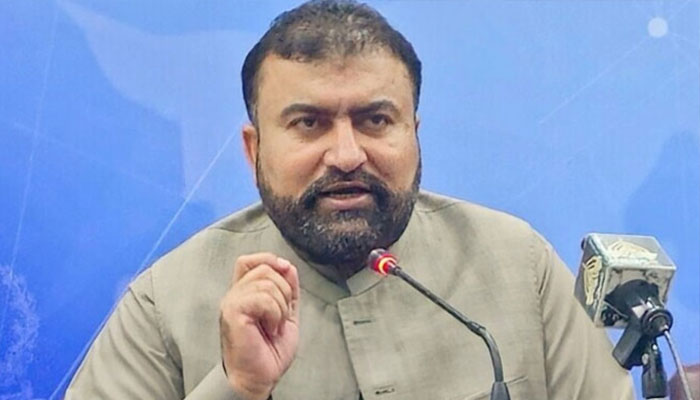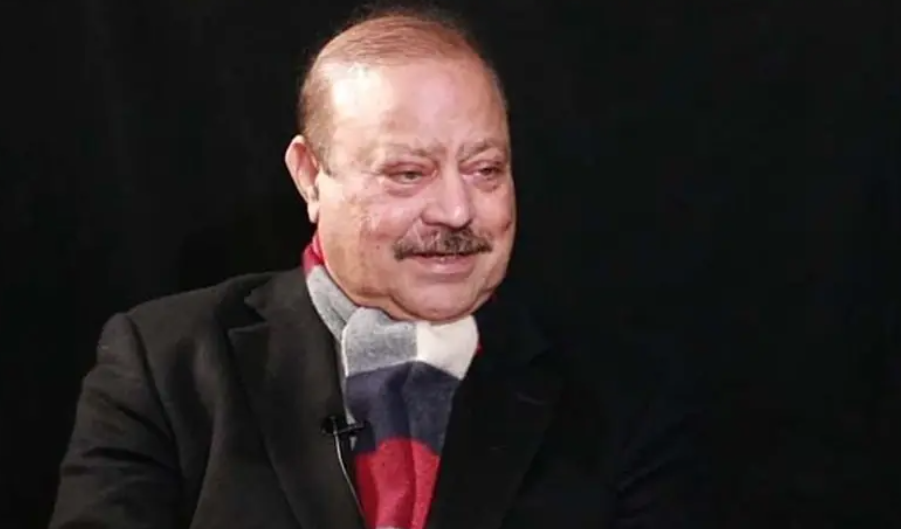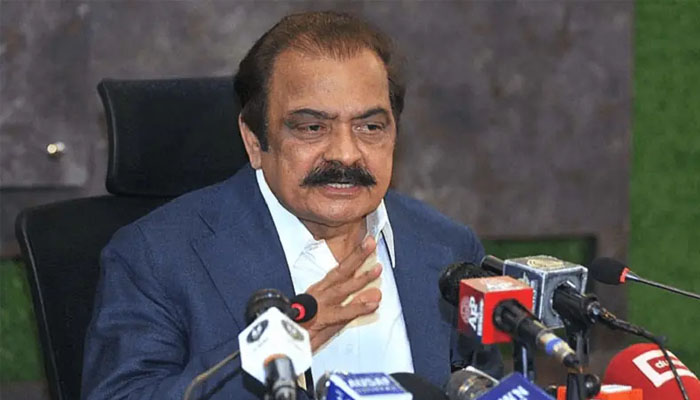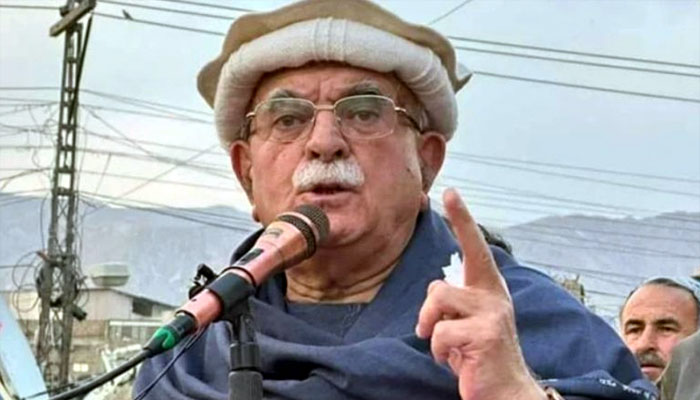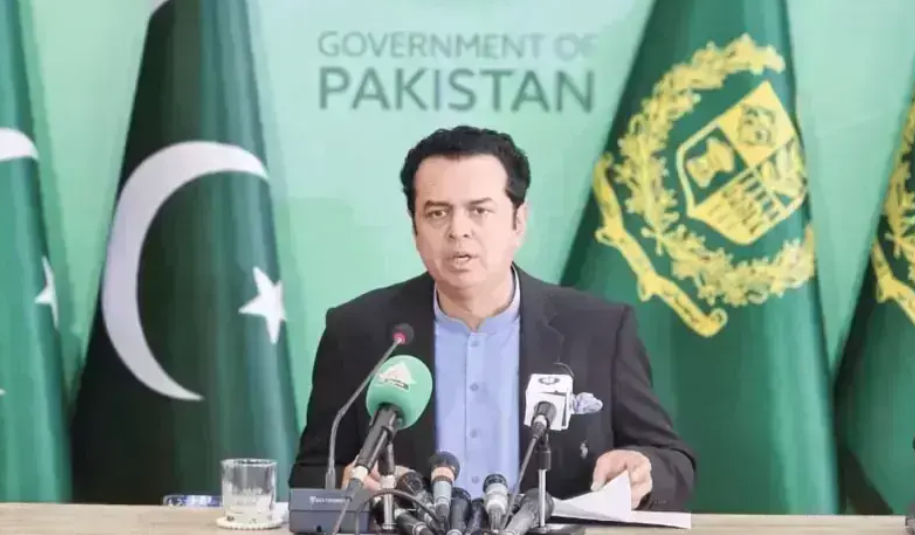POLITICS & POLICY MAKING
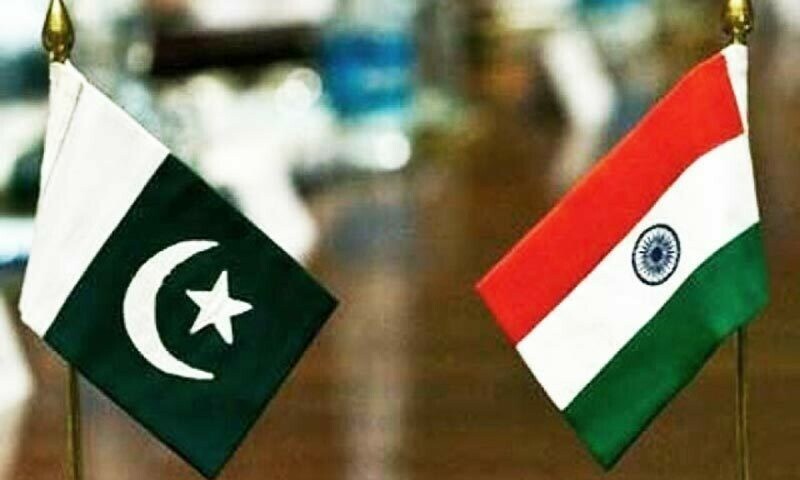
United Nations Secretary-General António Guterres has called on Pakistan and India to exercise “maximum restraint” after a deadly attack in Indian-occupied Kashmir triggered a sharp diplomatic standoff between the two nuclear-armed neighbours.
The attack, which took place in the tourist town of Pahalgam, left at least 26 people dead and 17 others injured. The victims were primarily Indian nationals, with one Nepali among the deceased. The incident has escalated already tense relations between Islamabad and New Delhi, prompting tit-for-tat diplomatic and trade measures.
In a statement from New York, UN spokesperson Stéphane Dujarric said the Secretary-General was following the situation with “very great concern.” He emphasized the UN's position that Pakistan and India should resolve their disputes peacefully through meaningful engagement.
“We appeal to both governments to ensure that developments do not deteriorate further,” Dujarric said, adding that the UN chief had not been in direct contact with either leadership.
India, reacting strongly to the attack, suspended the historic Indus Waters Treaty and accused Pakistan of complicity—allegations Islamabad categorically denies. Pakistan responded by suspending bilateral trade, closing its airspace to Indian aircraft, and shutting down the Wagah Border crossing.
The National Security Committee (NSC) of Pakistan, chaired by Prime Minister Shehbaz Sharif, met in Islamabad on Thursday to finalize countermeasures. A statement issued by the Prime Minister’s Office described India's actions as "unilateral, unjust, politically motivated, and devoid of legal merit."
The NSC further announced Pakistan’s intent to suspend all bilateral agreements, including the Simla Agreement, unless India halts what it termed “fomenting terrorism,” cross-border aggression, and violations of international law and UN resolutions.
Interior Minister Mohsin Naqvi also briefed President Asif Ali Zardari on India’s “irresponsible conduct.” The president lauded the NSC's steps, calling them “timely and visionary,” and reaffirmed that the entire nation stood united behind Pakistan’s security and sovereignty.
Meanwhile, skirmishes along the Line of Control (LoC) resumed, with both sides exchanging fire overnight. Officials from Azad Jammu and Kashmir confirmed the incident, noting no civilian casualties.
In Washington, US State Department spokesperson Tammy Bruce stated that the situation was rapidly evolving. She reiterated that the US was not taking a position on the status of Jammu and Kashmir at this time.
Foreign Secretary Amna Baloch also briefed diplomats and foreign missions in Islamabad. She rejected India's allegations and accused New Delhi of weaponizing terrorism for political gains, warning that such behavior endangers regional peace.
As both countries entrench their positions, the international community continues to call for calm, fearing the escalation of yet another South Asian crisis.
